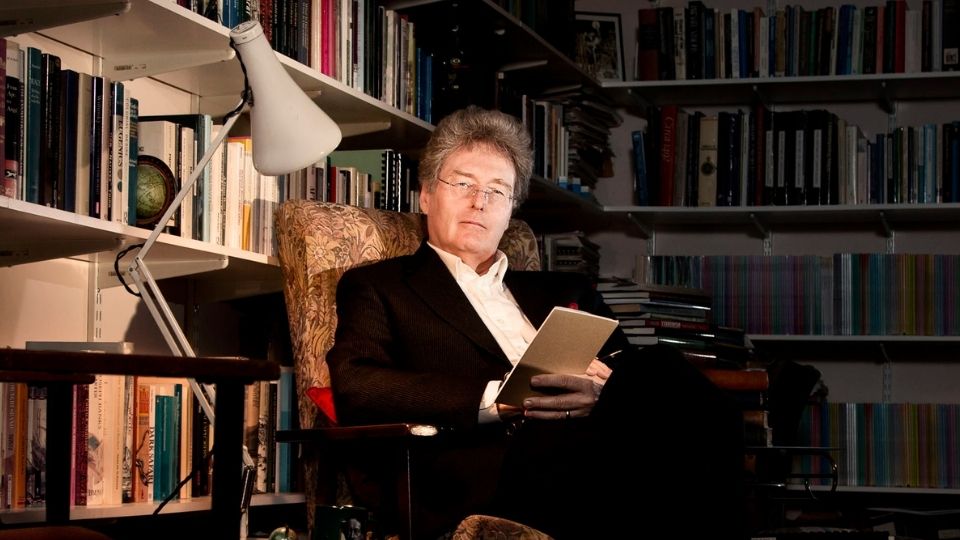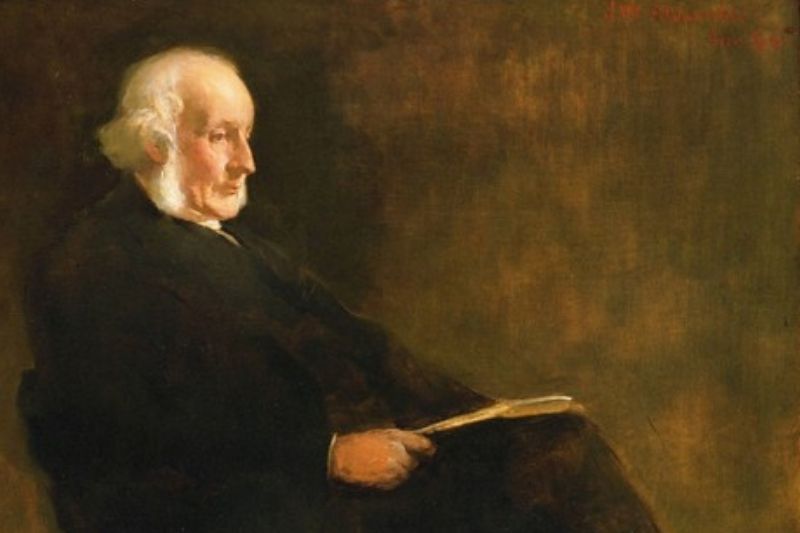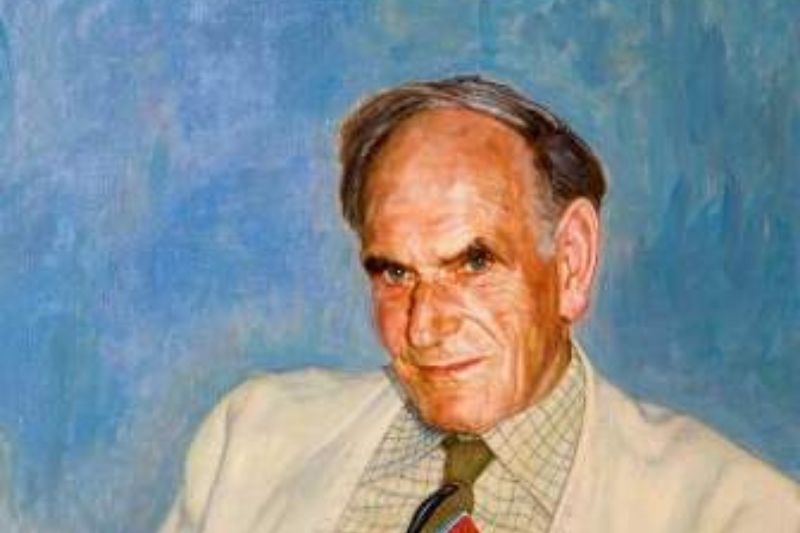
BRINGING QUEEN’S TO THE WORLD AND THE WORLD TO BELFAST
The heritage of Queen’s is enriched by the life and work of some great thinkers and innovators – like James McCosh who held the Chair of Philosophy in the 1850s and went on to transform a college in New Jersey that is now known as Princeton.
There is the geographer, archaeologist and historian Estyn Evans, bringing local landscapes and lives to global readers through his writing – or the ethnomusicologist John Blacking bringing world music to Belfast.
From the early days, Queen’s has been an eager member of a global network of scholarship and it continues to set the pace today.

Professor David Livingstone
David Livingstone is Professor of Geography and Intellectual History at Queen’s. His books include The Geographical Tradition, Putting Science in its Place, Adam’s Ancestors and Dealing with Darwin.
Featured in the Podcast

James McCosh joined Queen’s as a Professor of Logic and Metaphysics.
An important philosopher, some of McCosh’s best work was written during his sixteen years at Queen’s. His sphere of influence was extensive, not only as a leading moral philosopher and educationalist, but as a pioneer of modern psychology and as a prominent advocate for the reconciliation of evolution and religion. Rev McCosh left Belfast in 1868 to take up the Presidency of a small college in America – the College of New Jersey, a position he occupied until 1888. Under his leadership, the College was transformed into the world-leading Princeton University.
Photo courtesy of Princeton University.

Queen’s Professor
Professor Evans came to Queen’s in 1928, as the University’s first lecturer in Geography. He became the first professor of Geography in 1945 and proved to be a vital driving force in the fields of Archaeology and Social Anthropology as well as Geography.
When he retired in 1968 his Department was the largest in Ireland with an international reputation which reflected his own contribution to teaching research, and that of the staff and students whose work he had encouraged over the years.
